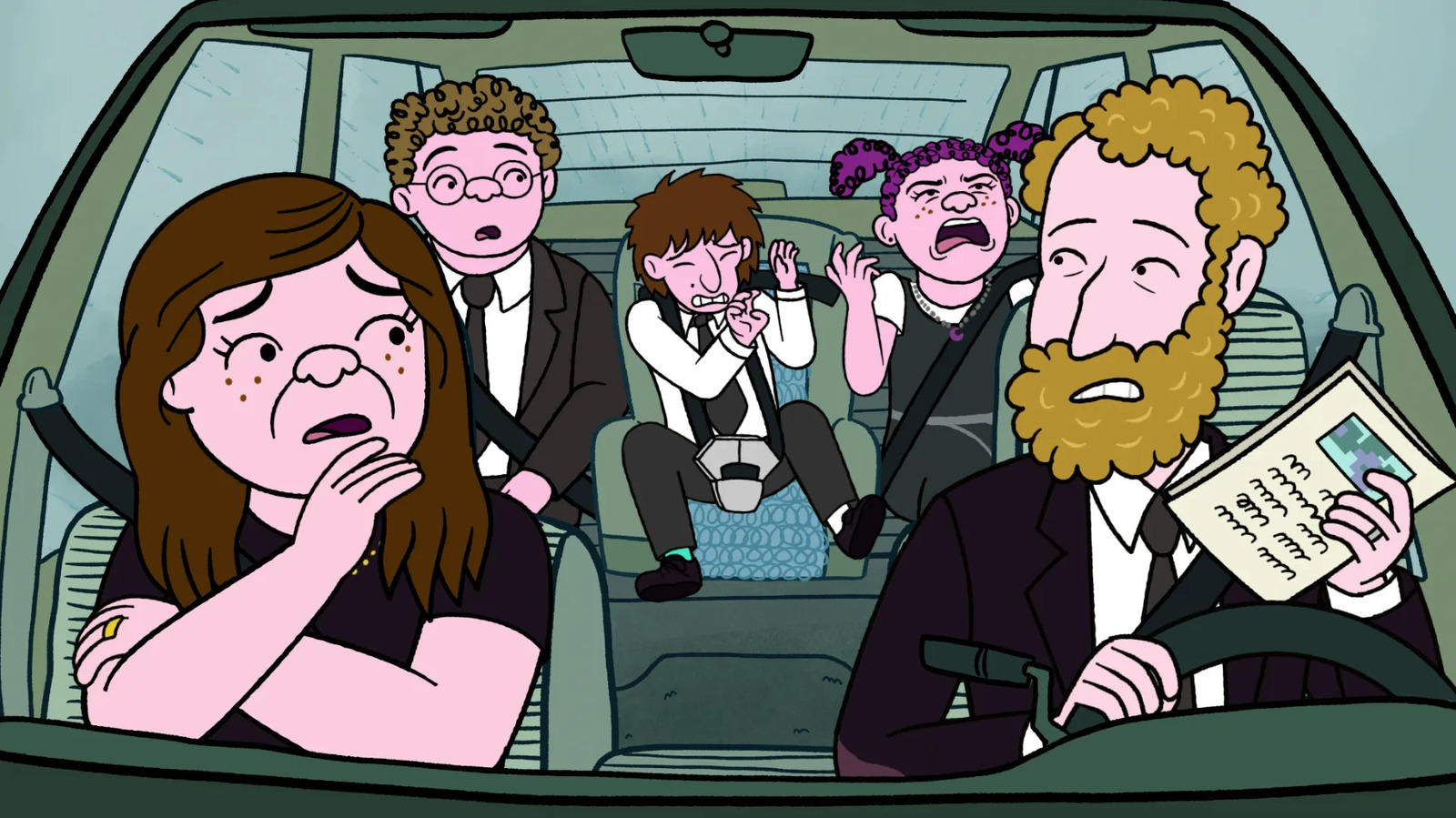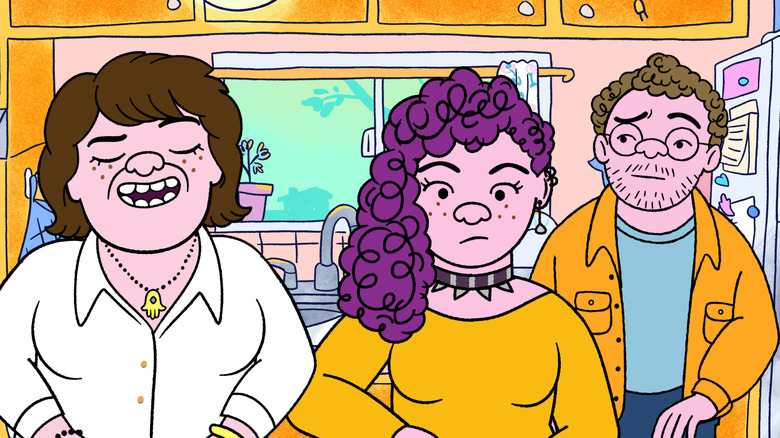reinvented adult animation when he created “BoJack Horseman.” Sure, much like another adult animated show that debuted around the same time, “Rick and Morty,” “BoJack” dabbled in absurdism and experimentation. But the thing that made Bob-Waksberg and Netflix’s groundbreaking cartoon about a talking horse unique was the way it tackled drama. Where “Rick and Morty” would go on to influence a decade of irreverent comedy, nihilism and parody in animation, “BoJack Horseman” was a mature, nuanced dramedy that featured complex characters and difficult subject matter. On top of all that, it was a biting satire of the entertainment industry driven by an antihero protagonist as compelling as Walter White or Tony Soprano (only animated and, again, a horse).
Thanks to its success, “BoJack Horseman” also wound up paving the way for more dramatic American adult animated shows — a format that had previously been synonymous with “The Simpsons” and similar sitcoms for decades. In the wake of “BoJack,” we got series like “Castlevania” and “Arcane,” as well as the excellent “Undone” and “Pantheon.” These were shows that combined more dramatic storytelling with action, fantasy-horror, and sci-fi, allowing them to experiment with both their format and the larger medium of animation in different ways, all the way down to their runtimes.
Now, Bob-Waksberg is back with another animated show all about family trauma … only without the talking animals this time. The series is called “Long Story Short,” and it follows the Schwooper siblings from childhood to adulthood and everything in between (their joys, sorrows, triumphs, and failures alike). It’s also the best new cartoon series of 2025 so far, with the first episode alone (which was shown to those in attendance at the 2025 Annecy Animation Festival) featuring a brutal yet brilliant twist straight out of Dan Fogelman’s “This Is Us.”


